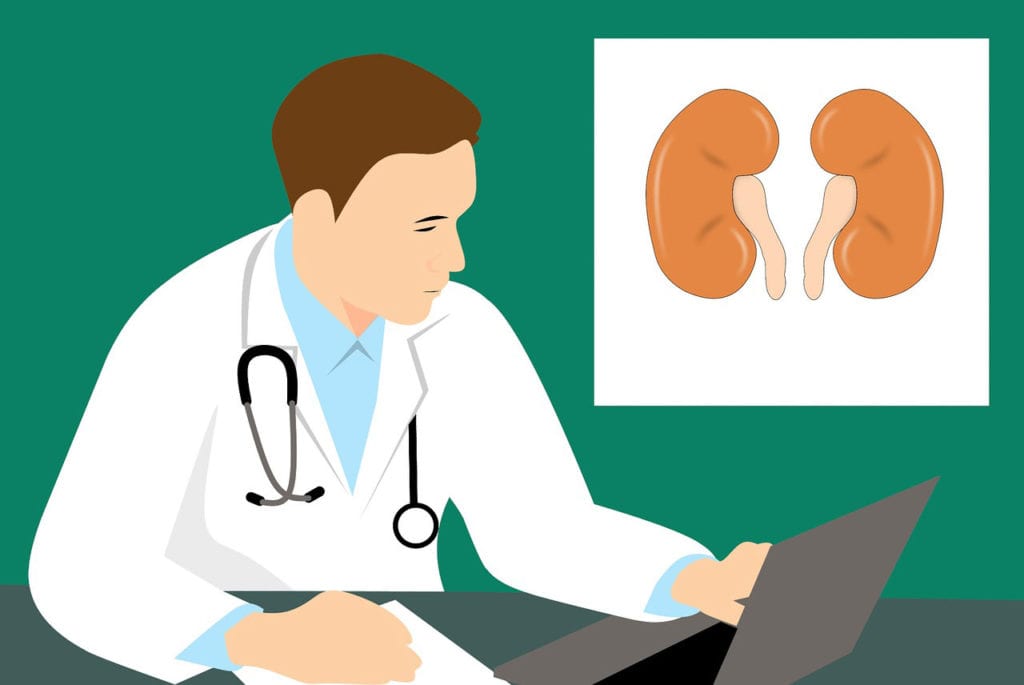According to a recent press release, Japan just approved ULTOMIRIS (ravulizumab) for patients with atypical hemolytic uremic syndrome (aHUS). Developed by biopharmaceutical company Alexion Pharmaceuticals (“Alexion”), ULTOMIRIS represents a new standard of care for both pediatric and adult patients. In addition to its more flexible dosing schedule, the drug is the first C5 inhibitor designed for aHUS.
ULTOMORIS
The C5 protein plays a role in your complement system. When the complement system overreacts, it prompts an immune response which can damage the body. ULTOMIRIS works by inhibiting C5, thus preventing such an intense response. Unlike other therapies, ULTOMIRIS is intravenously administered bi-monthly for adults, or monthly for pediatric patients. This offers a more flexible, approachable, and accessible treatment option.
Japan approved ULTOMORIS for aHUS following data from two studies, both of which followed previously untreated patients. In the first study, which followed pediatric patients, 18 children enrolled. In the second study, which analyzed adult patients, 56 patients enrolled. Of these, 30 adult patients and 14 pediatric patients saw complete platelet count normalization and improved kidney function during the nearly 6 month treatment period. However, when considering partial improvements, the number is even higher. In the year long follow-up period, 7 additional patients (4 adult and 3 pediatric) reached a complete response.
While ULTOMORIS is generally safe and well-tolerated, some side effects did occur. These include fever, headache, nausea and diarrhea, fatigue, and the common cold.
Atypical Hemolytic Uremic Syndrome (aHUS)
Resulting from genetic mutations, atypical hemolytic uremic syndrome (aHUS) is a kidney function disorder which causes blood vessel damage. It occurs when the complement system, which plays a role in your immune system, overreacts and attacks the body. While aHUS affects male and female pediatric patients equally, it occurs more often in adult females than males. In many cases, aHUS is triggered by pregnancy. This disease can be fatal; in other times, it leads to end-stage renal diseases within one year for around 29% of pediatric patients and 56% of adult patients.
Symptoms include:
- Irritability
- Fatigue
- Bloody urine
- High blood pressure
- Anemia
- Thrombocytopenia (low platelet count)
- Electrolyte imbalances
- Kidney failure
Treatments for aHUS include blood and platelet transfusions, plasma therapy, and kidney dialysis. In some cases, patients require organ transplants. Learn more about aHUS here.







